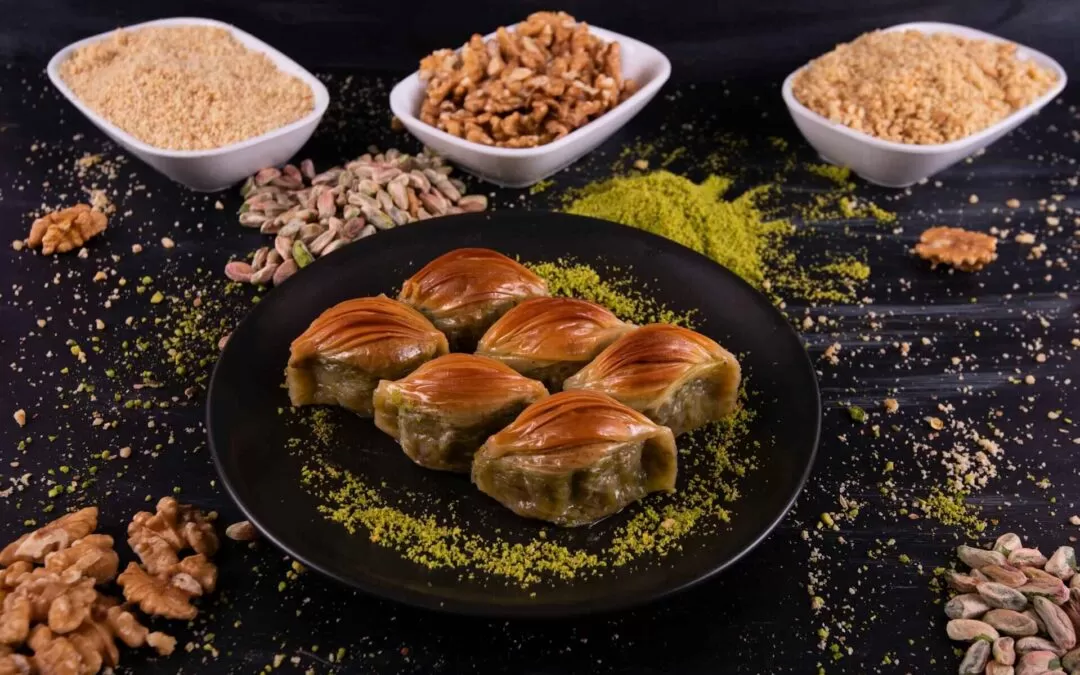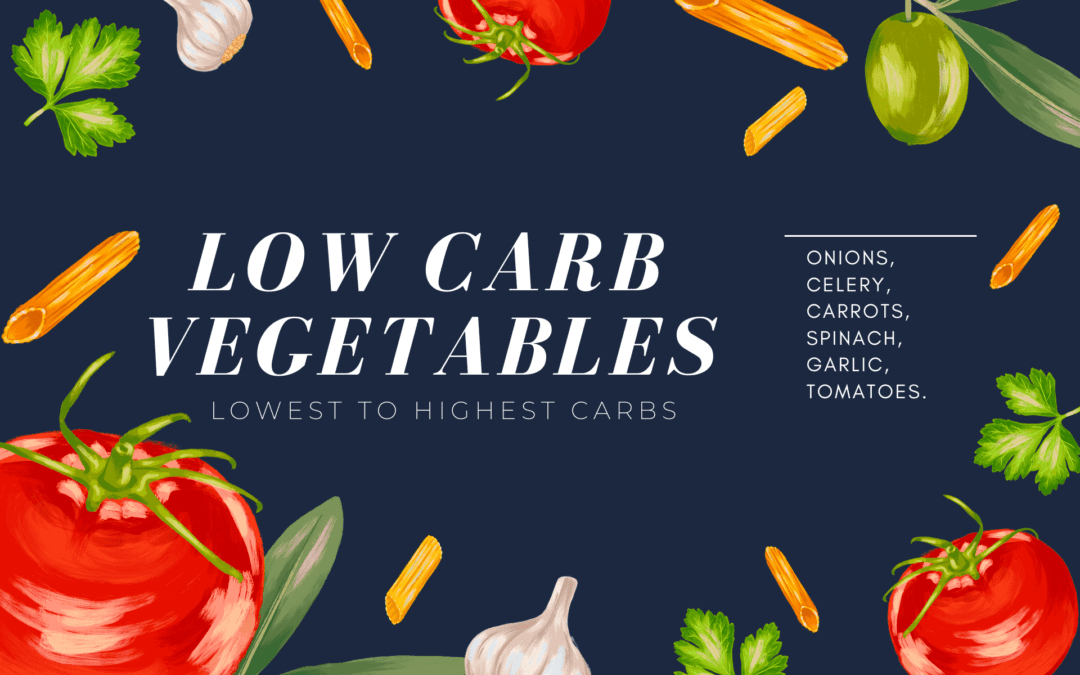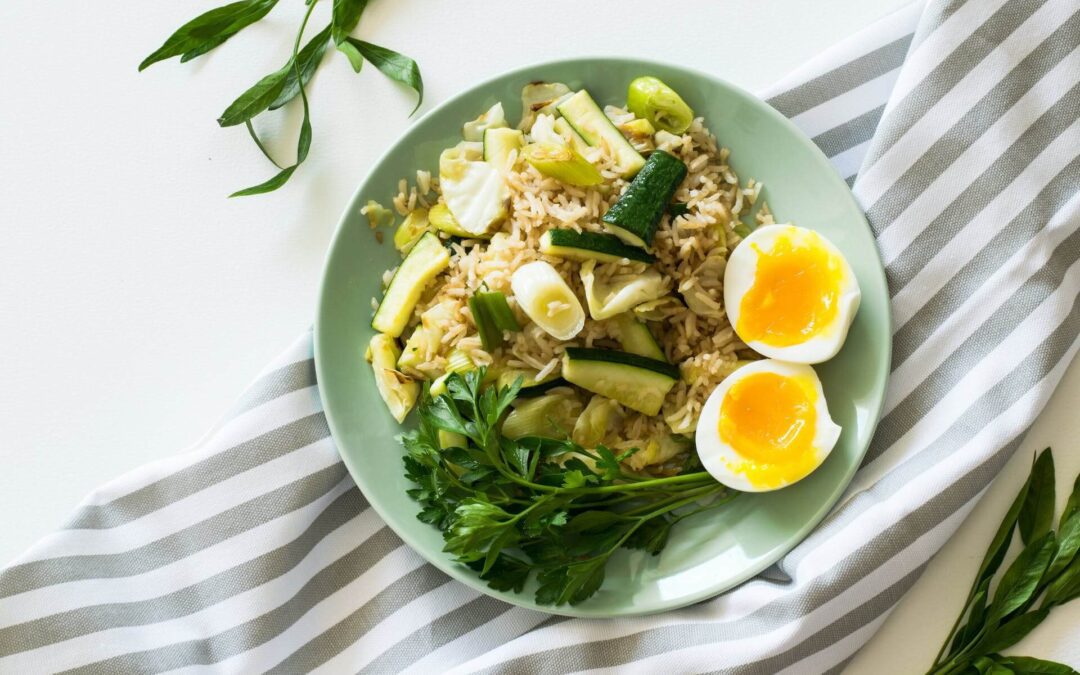A no-carb diet may have certain advantages, including decreased blood pressure. However, it might also have adverse effects and be difficult to maintain.
A no-carb diet is an extremely low carb diet that excludes nearly all carbohydrates, including whole grains, fruits, and vegetables.
While studies have shown that reducing your carb consumption might help you lose weight and may have health advantages, entirely removing carbohydrates is highly restrictive and unneeded.
This page thoroughly reviews the no-carb diet, including potential advantages, drawbacks, and items to consume and avoid.
What is a no-carb diet?
A no-carb diet is a method of eating that excludes as many digestible carbohydrates as possible.
Carbohydrates are the body’s principal source of energy. They can be found in cereals, beans, legumes, fruits, vegetables, milk, yogurt, pasta, bread, and baked products.
As a result, a no-carb diet requires avoiding most of these items in favor of foods high in protein or fat, such as meats, fish, eggs, cheese, oils, and butter.
There is no set formula for a no-carb diet. Some people who follow it consume nuts and seeds, non-starchy vegetables, and high-fat fruits such as avocado and coconut.
Even though these meals include carbs, they are high in fiber. As a result, they contain a minimal number of digestible or net carbohydrates, which are calculated by subtracting the quantity of fiber from the overall number of carbs.
A no-carb diet is similar to a ketogenic diet in that it restricts carbohydrate consumption to less than 20-50 grams (g) per day and encourages you to consume 60% or more of your daily calories as fat.
Depending on what you consume, a no-carb diet might be more restricted than keto.
How to follow a no-carb diet
Simply put, a no-carb diet involves avoiding all high-carb food.
Specifically, avoid whole and refined grains, baked goods, yogurt, beans, legumes, fruits, milk, pasta, bread, sugar-sweetened drinks, and starchy vegetables such as peas and corn.
A no-carb diet allows meat, fish, butter, oils, eggs, cheese, water, and simple coffee or tea.
If you’re less strict, you may also consume seeds, nuts, high-fat fruits like avocado and coconut, and non-starchy veggies, which are low in net carbs.
Because this diet focuses on reducing a particular macronutrient, there are no guidelines for daily calorie consumption or portion sizes.
Can you lose weight by not eating carbs?
In general, limiting your carbohydrate consumption can aid in weight loss.
Replacing carbohydrates with more protein, fiber, and fat may help you feel fuller and consume fewer calories overall, promoting weight loss.
The evidence on whether lowering carbohydrate intake benefits weight reduction and health remains conflicting. Some research has found that this is true in the first six months but not in the long run.
As a result, you are unlikely to need to eliminate carbohydrates to lose weight. Less restrictive approaches to losing weight include gradually reducing your carb consumption and, most crucially, reducing your total calorie intake.
What happens if you don’t eat carbs for a week?
Very low carb diets usually result in quick weight reduction in the first few weeks.
However, this is mainly due to a rapid decline in water weight, as each gram of carbohydrate contains around 3 g of water in your body.
Other benefits of a no-carb diet
There are no studies on diets that remove carbohydrates, although research on very low-carb and ketogenic diets indicates that they may have various advantages.
- Cardiovascular health: Reduced carbohydrate consumption may enhance heart health. Very low carb diets have been demonstrated to lower blood triglyceride levels, which may raise your risk of heart disease. Even so, further study is required.
- Blood glucose: Cutting carbohydrates, mainly processed carbs and sugar, might improve blood sugar management, which may be especially beneficial for people with diabetes.
- Blood pressure: According to some research, lowering carbohydrate consumption can help reduce blood pressure.
- Reduction of belly fat: Limited data suggests that very low carb diets are more effective than low-fat diets for reducing belly fat, which is linked to inflammation and certain illnesses.
- Metabolic syndrome: Reduced carbohydrate intake has been related to a decreased risk of metabolic syndrome, a combination of risk factors that raise the possibility of having heart disease, diabetes, or stroke.
Downsides of a no-carb diet
A no-carb diet might have a variety of drawbacks.
- Constipation: Because a no-carb diet excludes fruits, most vegetables, legumes, and whole grains, it might be deficient in fiber, which aids digestion by promoting bowel regularity. As a result, a carb-free diet may produce constipation.
- Low energy: Carbs are your body’s principal source of fuel. A no-carb diet may cause weariness and poor energy levels.
- Insufficient nutrients: A no-carb diet may be deficient in vitamins and minerals such as potassium, B vitamins, and vitamin C, which are plentiful in fruits, vegetables, and other plant foods. Furthermore, the increased urine caused by carb restriction may eventually lead to nutritional shortages such as salt and potassium.
Can you survive on a no carb diet?
If you follow a diet that still allows for items with very minimal net carbohydrates, you are following a ketogenic diet. According to research, as long as you obtain all of the nutrients you need, you should be able to stay healthy for the long term.
However, if you avoid carbohydrates altogether, the long-term consequences are unclear. According to research, consuming animal proteins, for example, has minimal detrimental side effects, but some people acquire more significant levels of low-density lipoproteins (LDL) or bad cholesterol.
Removing carbs does not necessarily imply removing all plant meals. However, research on this topic is scarce. Another 2020 research study looked at whether it is feasible to subsist on animal proteins. The experts determined that your calcium levels, among other potential negative consequences, may deteriorate with time.
In summary, you are likely to survive without carbohydrates in the sense that you will not starve to death, but the long-term health repercussions remain unknown.
Because the no-carb diet is highly restricted, heavy in fat, and has not been well investigated for safety, it is not recommended for those with eating disorders, children, cholesterol hyper-responders, or pregnant or nursing women.
Due to a lack of appropriate study, it is recommended that you talk with your doctor and be followed by a healthcare expert while omitting carbohydrates from your diet.
What should you eat on a no carb diet?
Foods that are typically allowed on a no-carb diet include:
- Meat and low carb animal products: beef, chicken, pork, eggs, butter, lard, turkey, lamb, venison, bison, cheese
- Seafood: salmon, sardines, herring, tilapia, cod, shrimp, crab
- Seasonings: herbs and spices
- Zero-calorie beverages: water, plain tea, and black coffee
- Nuts and seeds (those low in net carbs): cashews, walnuts, sunflower seeds, pistachios, pumpkin seeds, almond
- Non-starchy vegetables (those low in net carbs): zucchini, broccoli, rutabaga, turnips, Brussels sprouts, asparagus, bell peppers, cauliflower, leafy greens, mushrooms
- High-fat fruits: avocado, coconut
What should you avoid eating on a no carb diet?
A no-carb diet is highly restrictive and eliminates several food groups, such as:
- Grains: farro, rice, wheat, bread, barley, quinoa, pasta
- Sweets and baked goods: cakes, candy, sodas, cookies, sugary drinks
- Fruits: apples, bananas, berries, kiwi, oranges, pears
- Starchy vegetables: peas, squash, corn, potatoes
- Beans and legumes: black beans, chickpeas, kidney beans, lentils
- Dairy: yogurt and milk
- Condiments with added sugar: barbecue sauce, ketchup, salad dressings
- Alcohol: beer, liquor, wine, sugary mixed drinks
Sample menu
Here is a sample 5-day menu for a no-carb diet.
Day 1
- Breakfast includes eggs, bacon, and sliced avocado.
- Lunch: Romaine lettuce with ground turkey, cheese, and olive oil dressing.
- Dinner: fish with zucchini noodles and a side of sunflower nuts.
- Snacks: beef jerky and cheese
Day 2
- Breakfast includes eggs, sirloin, and bell pepper strips.
- Lunch: tuna-fish lettuce wraps with carrots coated in mashed avocado
- Dinner: spinach salad with walnuts, lamb chops, and olive oil dressing.
- Snacks: hard-boiled eggs and pistachios
Day 3
- Breakfast: eggs, turkey sausage, and avocado.
- Lunch: Scallops and roasted Brussels sprouts with Parmesan cheese.
- Dinner includes pork chops, roasted tomatoes, and turnips.
- Snacks: sunflower seeds and brie
Day 4
- Breakfast: eggs with shredded chicken, jalapeños, and cheddar cheese.
- Lunch: turkey burger patties and rutabaga fries.
- Dinner: meatballs, zucchini noodles, and roasted tomatoes.
- Snacks: sardines, macadamia nuts.
Day 5
- Breakfast: cheesy eggs with broccoli and chicken sausage.
- Lunch: flank steak and arugula salad with olive oil dressing and cashews.
- Dinner included coconut-crusted shrimp, roasted asparagus, and mushrooms.
- Snacks: turkey jerky and avocado
The bottom line
A no-carb diet removes all carbs while encouraging substantial fat and protein consumption.
It may help with weight loss, cardiovascular health, and blood sugar management. However, eliminating all carbohydrates is not necessary to achieve these benefits.
Furthermore, this diet may lower energy levels and raise your risk of vitamin shortages.
Instead, aim for a well-balanced diet rich in a diversity of foods.







0 Comments